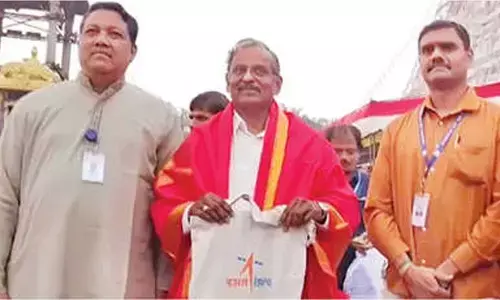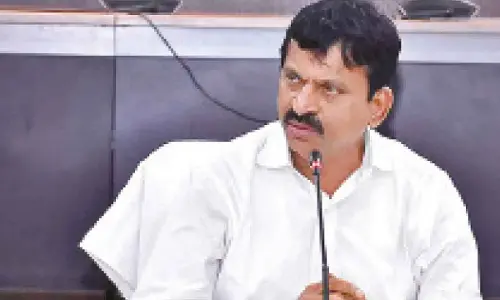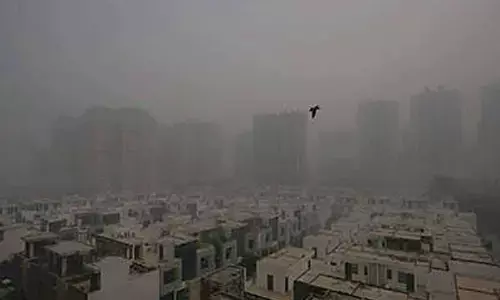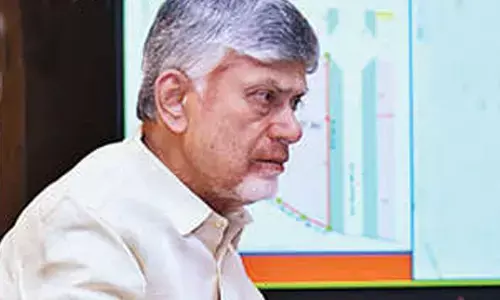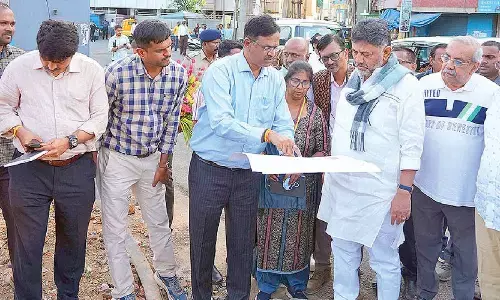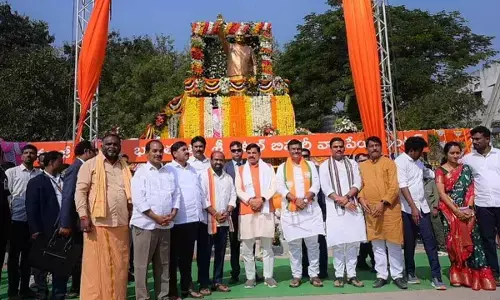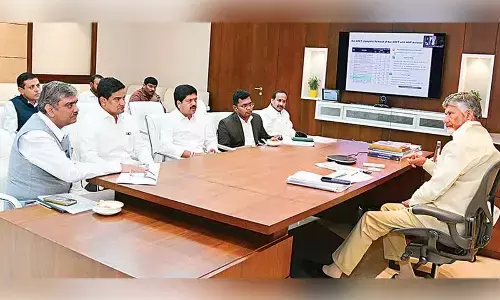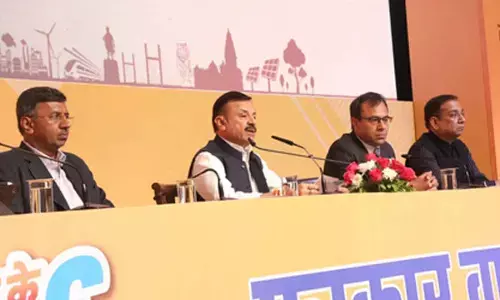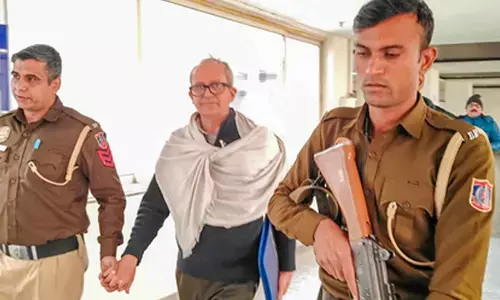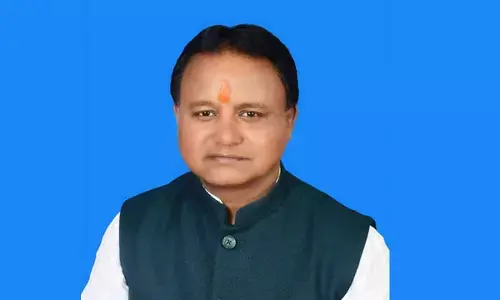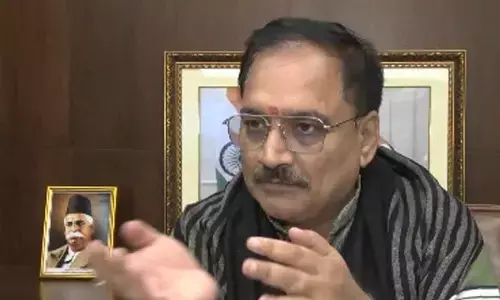Heed NITI warning on water stress
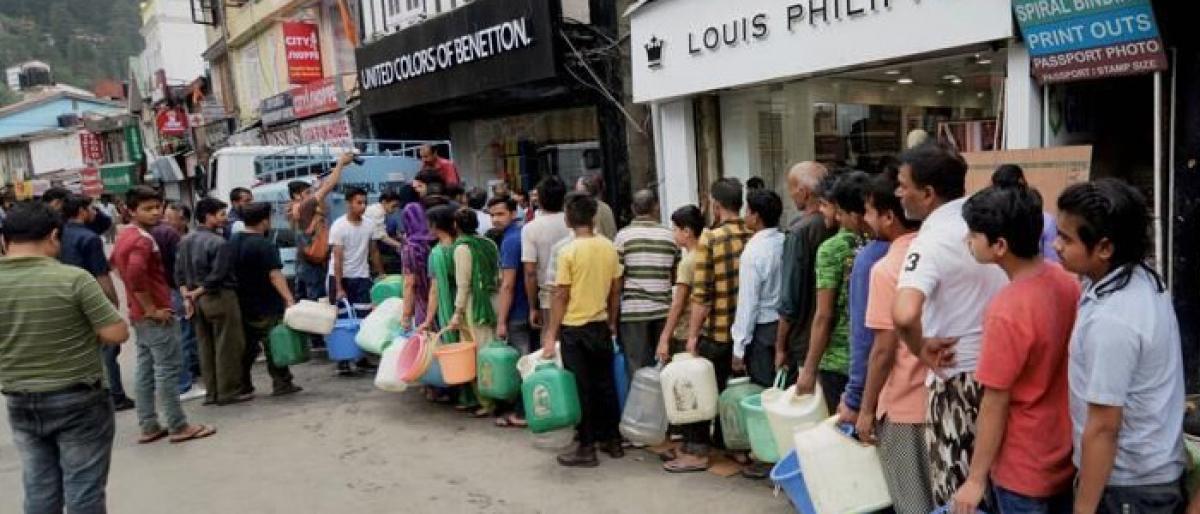
The NITI Aayog has released the results of a study warning the country that it will be facing \'worst water crisis\' in history and that the demand for potable water will outstrip supply by 2030 if remedial steps are not taken. Increasing population pressure and climate change have negated the effects of various initiatives by national and State governments.
The NITI Aayog has released the results of a study warning the country that it will be facing 'worst water crisis' in history and that the demand for potable water will outstrip supply by 2030 if remedial steps are not taken. Increasing population pressure and climate change have negated the effects of various initiatives by national and State governments.
The country is suffering the worst water crisis in its history, according to the Composite Water Management Index released by the Aayog. Currently, 600 million Indians are facing high to extreme water crisis and about two lakh people die every year due to inadequate access to safe water. By 2030, the country's water demand is projected to be twice the available supply and affecting the country's GDP to the extent of six per cent.
The report has shown that the States which had managed their water better showed a higher agricultural growth rate. Madhya Pradesh with 22-23 per cent growth rate and Gujarat with 18 per cent rate have shown higher development in rural and agricultural economies, improved livelihoods far better and averted migrations and lowered stress on urban infrastructure.
The present availability of water is 695 billion cubic meters (BCM) whereas the usage in 2050 could be 1,180 BCM as per the National Commission for Integrated Water Resource Development of the Ministry of Water Resources. The Aayog has proposed to publish the ranks of the States in water conservation on an annual basis, with nine broad sectors and 28 different indicators, covering various aspects of ground water, restoration of water bodies, irrigation, farm practices, drinking water, policy and governance etc. India's crisis position will not improve at all, thanks to the climate change. Scorching summers and shorter rainfall periods have been reducing the snow cover of the Himalayas.
The country as such is not geared up to store the copious yet short duration rains and waters from the cyclones etc., due to lack of planning and infrastructure. Moreover, being an agri economy we consume about 90 per cent water. Traditional agri practices are detrimental further. Indiscriminate use of ground water without any replenishment plans is of no help.
Water is the primarily a State subject and it’s imperative that they plan the water management properly. Equitable distribution of water is still not to be seen in the country. States and different regions within keep squabbling. In urban areas, it is going to be worse due to lack of planning. Shimla is a good example of how unplanned growth hurts civilisations. Water has become a luxury there even for the locals, leave alone tourists.
Britishers never allowed human activity in the catchment areas and maintained thick forest cover. Why cannot we do the same? The government has to learn from countries like Israel which has the most efficient water handling systems with innovative technologies like drip irrigation, waste water recycling, water extraction from air, fog catching, solar powered water technologies and desalination processes etc. Can we learn and learn fast to save our posterity?


